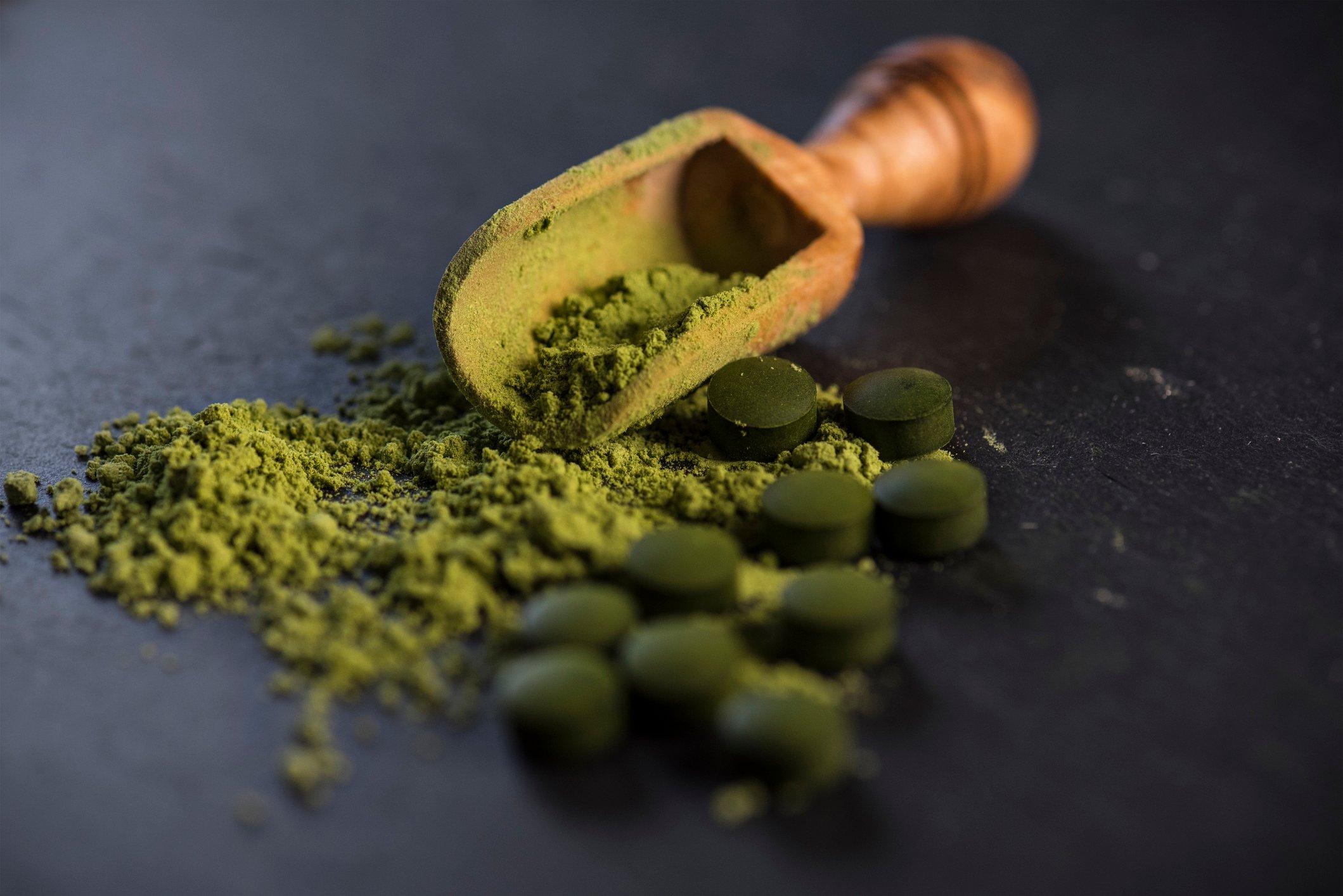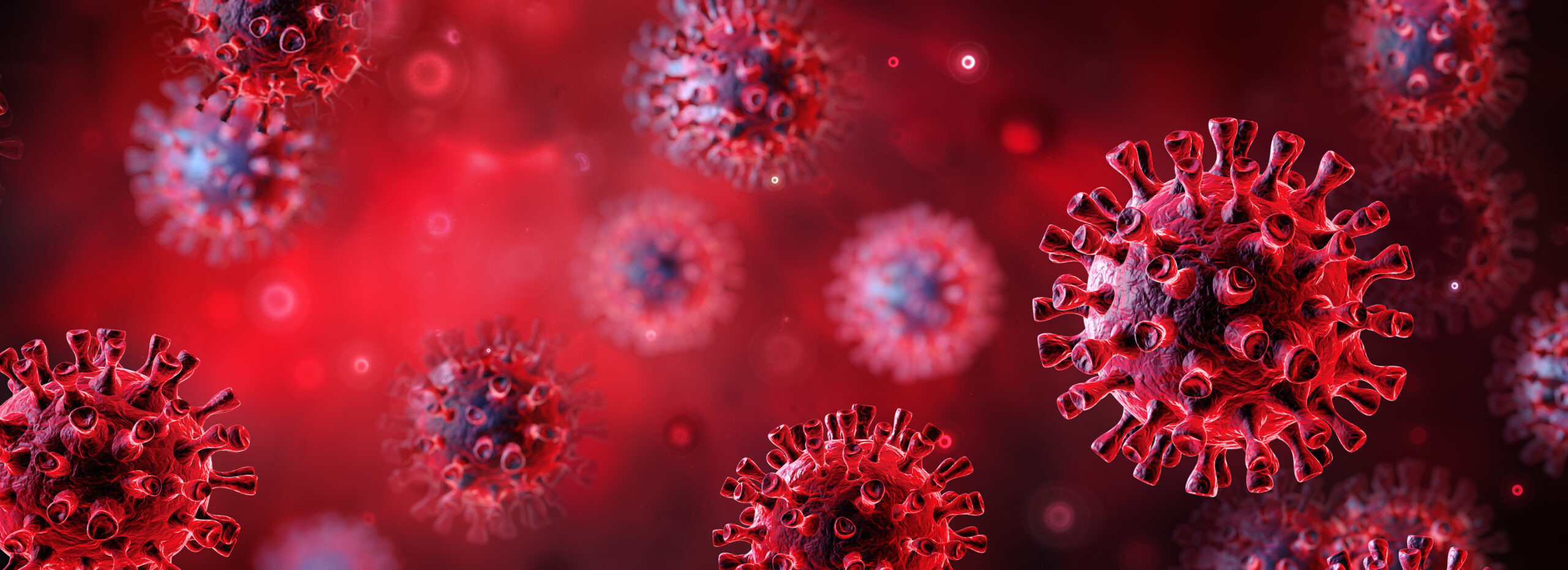Disease-modifying therapies reduce relapse rates in multiple sclerosis. However, they often only incompletely address the aspects of oxidative stress and long-term neurodegeneration. Spirulina, a microalgae, is known for its strong antioxidant and anti-inflammatory properties due to its richness in phycocyanin, phenolic compounds and omega-3 fatty acids.
Autoren
- Dr. Ulf Blanke
Publikation
- InFo NEUROLOGIE & PSYCHIATRIE
Related Topics
You May Also Like
- Development of a quintuple agonist
New strategy in the fight against obesity and T2D
- From symptom to diagnosis
Oncocytoma
- Arterial elasticity, vascular ageing, endothelial function
Longevity and cardiovascular health 2025
- AI-supported risk stratification for chest pain in the emergency room
Performance of a fully automated ECG model
- Alternative to insulin and GLP1
From the β-cell to the center: the versatile role of amylin
- Hormone balance and longevity
Ageing is not a substitution diagnosis
- Cardiovascular risk
Bad news for young men with T2D
- Case Report











